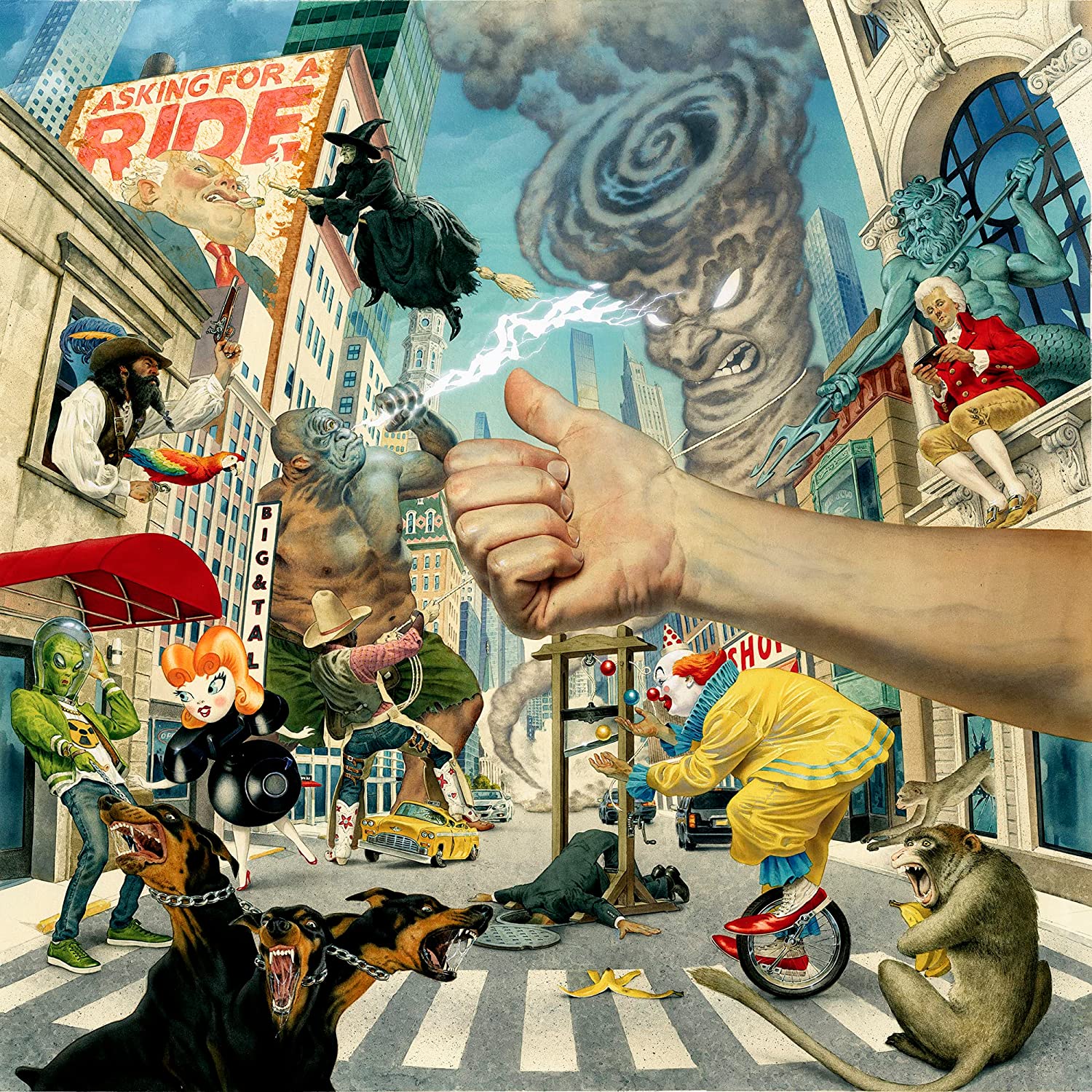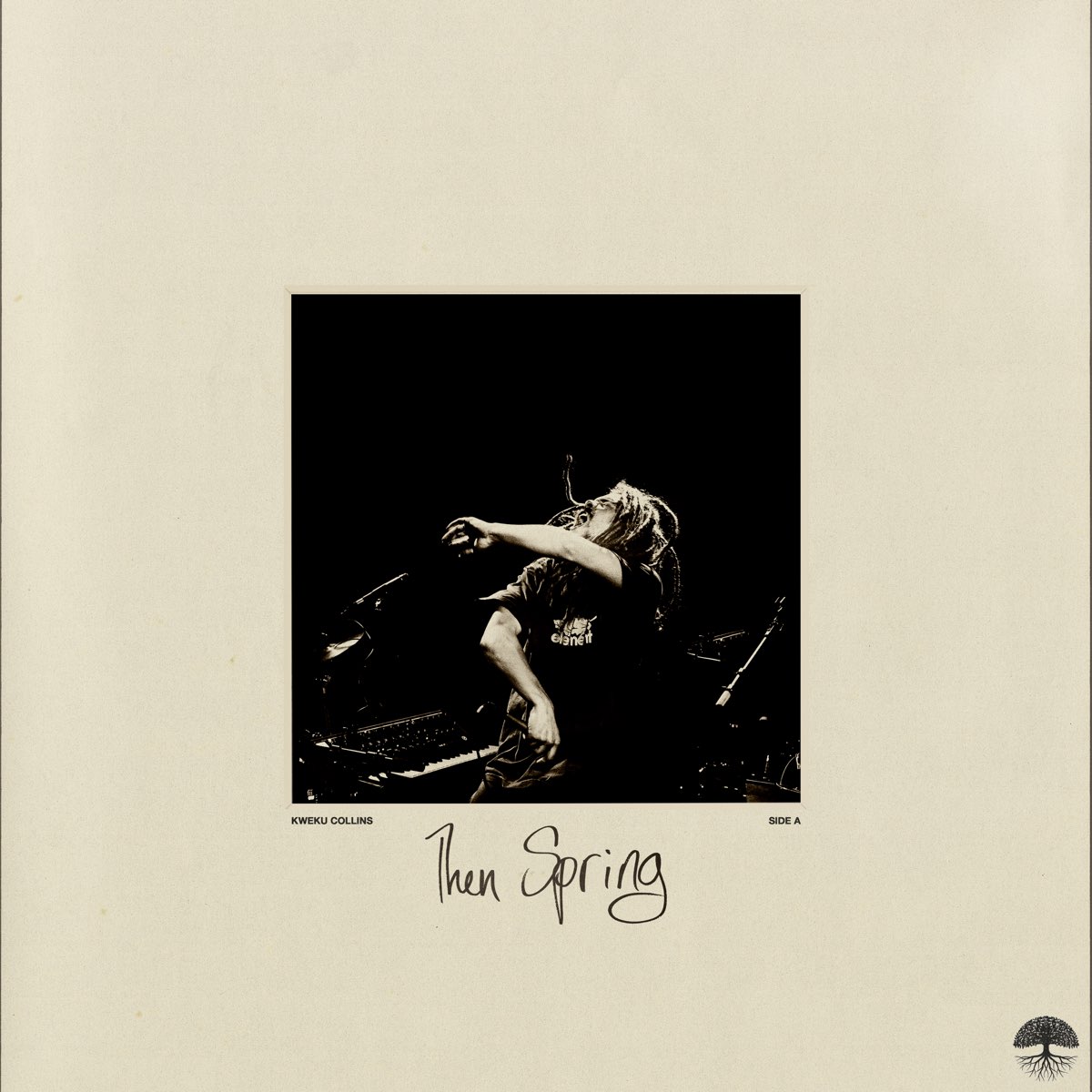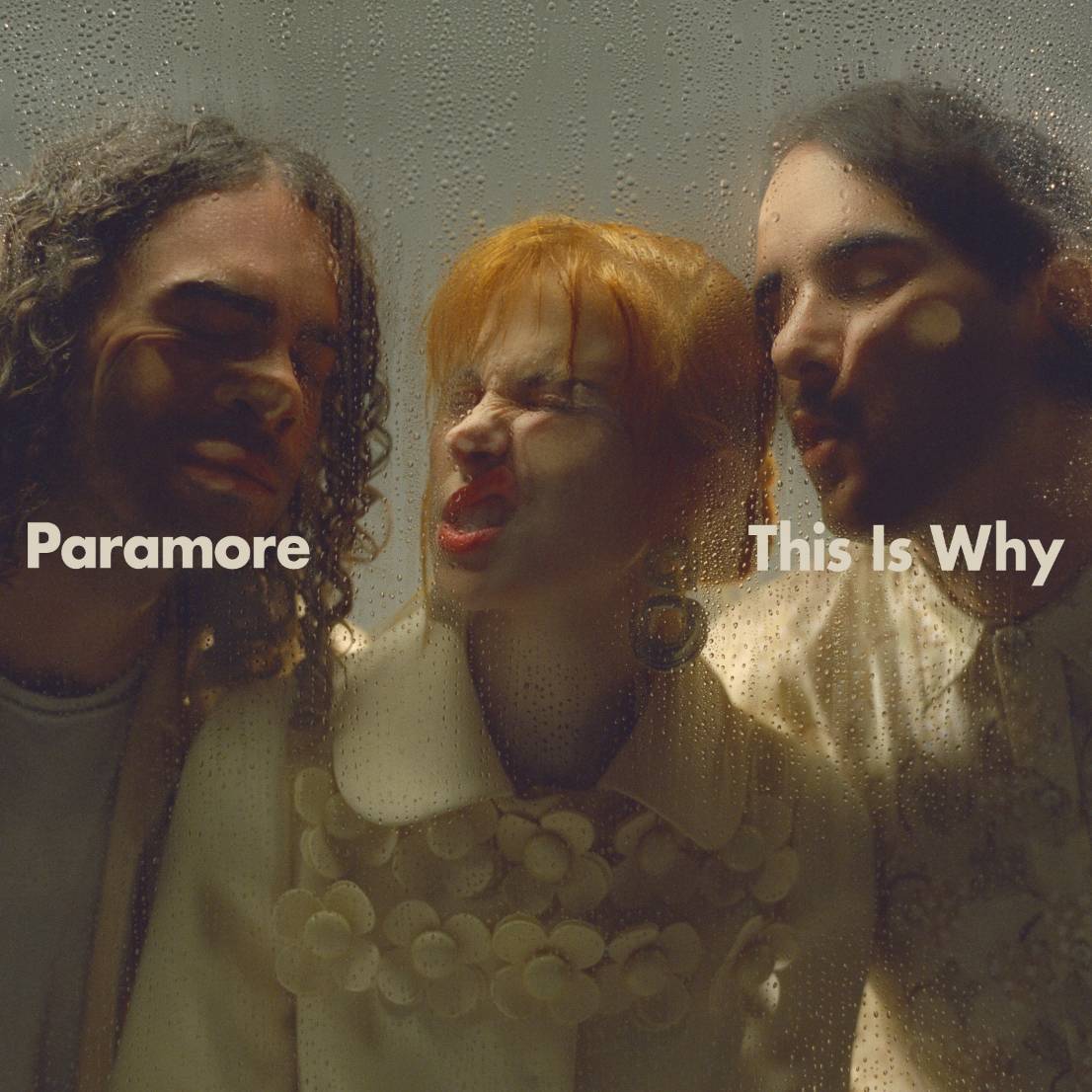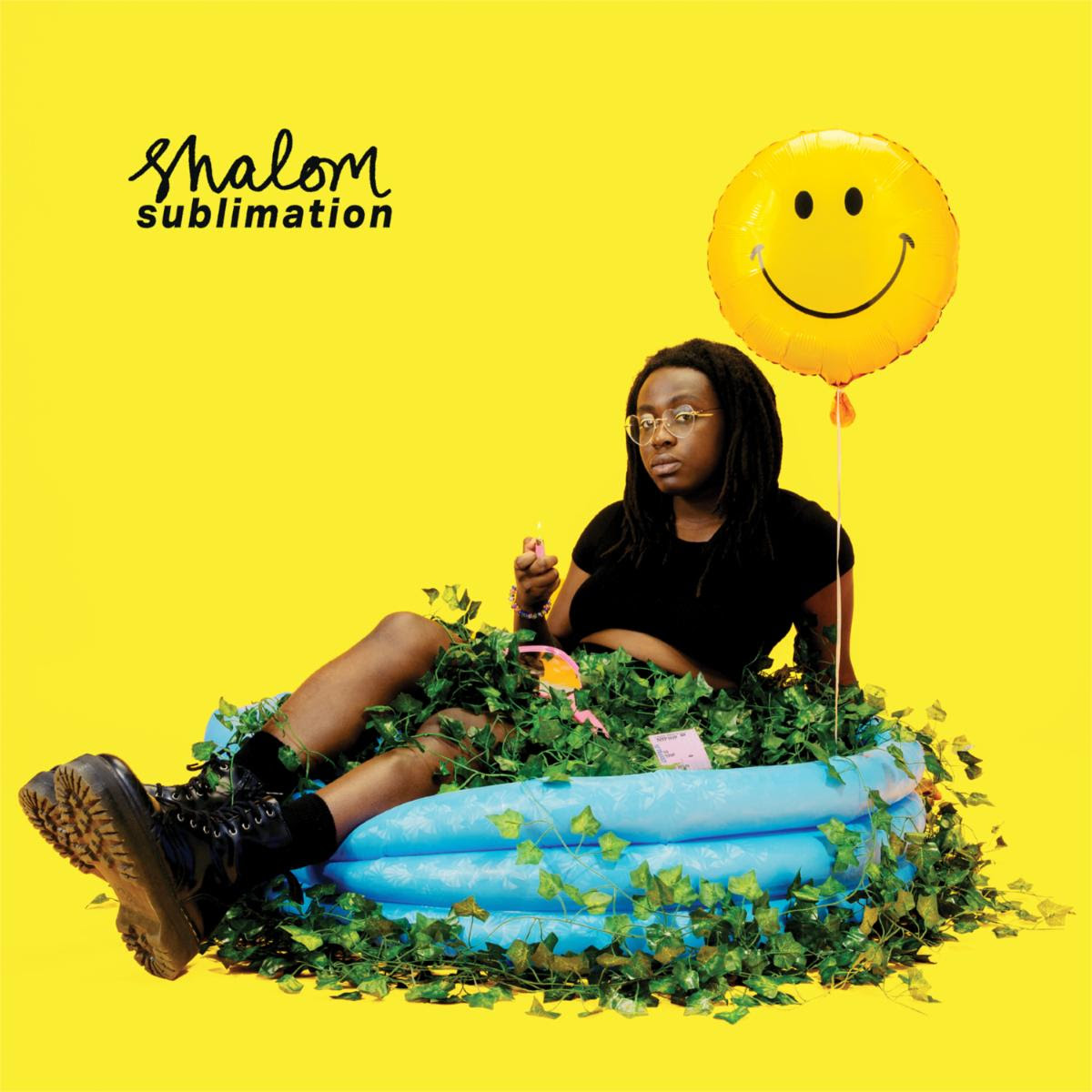There’s a misconception that the first few months of a new year are not usually the best for new art. Sure, a lot of people are still catching up on year-end list inclusions they missed out on, and film studios are releasing the projects that are neither award contenders nor potential summer hits, but great music has never been beholden to simplistic cycles.
Already in the inaugural quarter of 2023, we’ve been gifted a sprawling, sanguine pop opus from Caroline Polachek, a thrilling vision of club music’s future from Kelela and intriguing projects from promising up-and-comers like lo-fi indie charmer JW Francis, heady conceptual rocker Miss Grit and alt-rap boundary-pushers Kweku Collins and Deem Spencer. Meanwhile Paramore eschewed the easy path of pop punk nostalgia to make an album that bristles with attitude and topical urgency.
The inescapable blockbuster records of this year are forthcoming, but 2023 is off to a thrilling musical start, so we’ve rounded up the best albums of the year thus far for your listening pleasure.

Oddisee, To What End (January 20)
Oddisee’s first studio LP in nearly six years, To What End sees the rapper and producer born Amir Mohamed el Khalifa in prime form. Never one to shy away from hot button topics — one of his best songs, “Lifting Shadows”, sees him rap pointedly about the anxieties of flying as a Black Muslim — the now 38-year-old father hasn’t let maturation quell his righteous indignation.
His take on the US drug epidemic is informed by years of watching Black people struggling with addiction being demonised and vilified. “It’s hard to sympathize, crackers dying from getting high / When crack was in its prime drug abuse was akin to crime / America’s design on who do and don’t get to lie / In front of a grand jury or a choir of people crying,” he raps on “How Far.” On “Ghetto to Meadow”, he talks about the catch-22 many Black celebrities face when choosing to speak up about social issues, rapping, “If you speak up it’s a threat and / If you digress then you’re compliant / The divide between your effort and your net worth / Decide which gone get hurt.”
But the key to Oddisee’s music, and what makes him beloved by folks whose rap tastes rarely hue political, is his lightness and deft touch. He balances sober-minded statements on society with tender reflections on how his life has grown and expanded since becoming a dad, and imbues his instrumentals with warmth and buoyancy — the half-time disco groove of “Already Knew” is particularly infectious.
Between his beat tapes, his endless string of mixtapes and EPs, and 15 years of studio albums, Oddisee’s discography can seem dense and intimidating. But the rapper-producer remains an honest-to-god everyman, and To What End serves as a thrilling entry point for the uninitiated.

JW Francis, Dream House (January 27)
Brooklyn-based JW Francis may not be indie rock’s new heartthrob, but he’s a true sweetheart (just watch his first-ever attempt at crafting a TikTok dance). His latest LP, Dream House, came from him repurposing songs fans had requested he write for their loved ones over the last three years, leading to a finished product that is tender, sweet and endearingly homespun.
The title track is a slice of psychedelic slacker rock, but it’s anchored by a real sense of romantic yearning that comes through in JW’s lightly distorted vocals. (“I can imagine / All my brand new selves / But I still want more than me / I want your hell,” he sings). Filled with warm and surreal imagery, Dream House feels like indie rock’s equivalent to a Maurice Sendak or Chris Van Allsburg book, charming and inviting but still emotionally complex.

White Reaper, Asking For a Ride (January 27)
It’s hard to be a rock band in 2023. Really embracing the genre’s roots can come off as nostalgia-baiting (i.e. Greta Van Fleet, Måneskin), but trying to add too much postmodern polish leaves you sounding like the present day equivalent of nu metal (i.e. Imagine Dragons). Louisville, KY quintet White Reaper isn’t worried about all that, they’re just here to uncork as many rollicking guitar licks and thunderous drum fills as they can in the length of a sitcom episode.
The band’s fourth studio LP, Asking for a Ride, opens at 90 miles per hour and never slows down from there. With an avalanche of snares, the title track is a seamless blend of punk and 80s hard rock, ending with a Mick Mars-style guitar solo. But Asking for a Ride isn’t just an onslaught of performative pyrotechnics. Single “Fog Machine” highlights singer Tony Esposito’s deft melodic touch, and dramatic lyrics that juxtapose romantic longing with what sounds like a werewolf attack. The band even tries its hand at modified power ballads on “Heaven or Not” and “Thorn”, while delving into new wave on “Getting in Trouble w/ the Boss”.
Still, the best thing about White Reaper is that the more music they release, the closer they get to the heart of who they are. 2019’s You Deserve Love leaned into power pop, while Asking For a Ride sounds more like the kind of cult classic debut fans clamour for their favourite band to revisit years later.

Kweku Collins, Then Spring (February 3)
A critical darling in Chicago’s alt-rap scene during its 2010s hip-hop boom, Kweku Collins sidesteps the model handsome vocalist-skateboarder-actor stereotype by making music that’s genuinely moving and undeniably singular.
Nearly six years after his last full body of work, Kweku returns with Then Spring, a warm and wise album that wrestles with widescreen concepts like mortality and the passage of time through songs filled with tender, intimate moments. On the highlight track, “A Tale of the Twin Flames,” Kweku weaves a story of compersion, and how distance does not have to bring about resentment. “While you’re out here making moves, if you ever go and stray from me / I want to thank you for your love / This life gon’ be what you want it to be,” he sings. But he’s also willing to drop a clever brag that points to his longtime status as a genuine free spirit. “Now everybody tryna dress like we did in ninth grade,” he jokes on “The Dust”.
Kweku has stressed the importance of this LP being considered “alternative,” and while that term, like all genre descriptors in the 2020s, feels a little nebulous, Then Spring fits the bill. Bridging acoustic guitars and horns, the listener is invited into an alternate world that looks a lot like our own but feels stranger and more wondrous.

Kelela, Raven (February 10)
Kelela told The Guardian that Raven is less “outward-looking” than her debut album, and it’s true that nothing has the immediate, neon-stained allure of “LMK”, but there are plenty of earworm tracks here. The single “Contact” seeks to capture the totality of a night out, from the buzz of finding your outfit to the butterflies of a spark with a stranger on the dance floor. “Bruises” has an entrancing four-on-the-floor giddyup, upon which Kelela’s vocal runs cast ethereal shapes like a spotlight cutting through fog.
On the more abstract, impressionistic end, Kelela remains one of the best modern musicians at using her voice as an instrument. A staccato sample of her singing voice is contrasted with long elegant notes on “Fooley”, while “Holier” lacks a percussive exoskeleton, meaning the whole track is held together by her multi-layered harmonies.
Fans have been constantly clamouring for a new Kelela album in the five-plus years since Take Me Apart, and for a lesser artist, that could easily mean an LP full of down-the-middle compromises. Raven is the opposite, a profoundly personal record that captures the catharsis of the club, specifically for Black queer women like Kelela who are often omitted from its history.

Paramore, This Is Why (February 10)
Paramore guitarist Taylor York told NME that the band’s sixth album is “the scariest record we’ve ever made”, and it’s not hard to see the rationale. This Is Why represents a colossal departure from the band, starker than its pivot towards danceable pop on After Laughter; the nearly six year gap between that LP and this one allowing expectations and anticipation to reach a fever pitch.
Paramore could have easily ridden this decade’s emo revival movement back to the top of the charts, but instead opted to make something ambitious, angular and angry. The jagged guitar riffs and politically relevant lyrics of “The News” recall the work of Sleater-Kinney, while “C’est Comme Ça” fuses Franz Ferdinand-ian guitar blasts with slick talk-singing from Hayley Williams; a subversion of the belting vocal style on which she made her name.
Following two bold solo albums, Hayley’s writing is razor sharp. The title track is a crash course in the pervasive paranoia we’ve all been living in since early 2020, while “Big Man, Little Dignity” is a scathing indictment of prominent men who manage to skirt accountability for harmful behaviour. There’s a hard-won sense of perspective that permeates This is Why, one that rewards longtime listeners who have followed the band’s evolution. “Only I know where all the bodies are buriеd / Thought by now, I’d find ’em just a little less scary,” she sings on closer “Thick Skull.”
Paramore’s legacy as one of the most popular crossover bands of the 21st century was cemented long ago, but This is Why proves how much more the trio has left in the tank.

Pearla, Oh Glistening Onion, The Nighttime Is Coming (February 10)
Music and nature have never felt more disconnected than they do nowadays, but a truly great record can still summon that feeling of running your fingers through a patch of warm grass or a surprise encounter with a friendly critter in the woods. There’s an organic, earthly charm to Oh Glistening Onion, The Nighttime is Coming, the debut album from Brooklyn’s Pearla (a.k.a. Nicole Rodriguez), which blends galloping country and wistful indie folk into something tender but never treacly.
Opener “Strong” is a highlight, a Carhartt-clad update on early Dolly Parton. Its lyrics bristle with vivid details (“I saw a dove in a flower shop, it was humming a sweet song / But I was busy staring, someone stole my credit card”). Once the horns finally kick in during the track’s final chorus, the song blossoms in a way that feels truly earned.
“Ming the Clam” borrows its title and core conceit from the oldest recorded animal, who scientists accidentally killed while trying to study it. That becomes a jumping off point for her to explore the relationship between understanding and preserving the mystery, captured through an eloquent verse. “I’m not certain about much / But I’m certain how we touch / Is compelled by some great force / Other than us,” she sings.
The appeal of Oh Glistening Onion is summed up most succinctly on “About Hunger, About Love,” a winsome ballad about loneliness that likens the singer’s sensation to “muskrats in the heart”. The folk-adjacent singer-songwriter world is quite crowded, but Pearla’s music has an enduring, timeless appeal. It’s elemental.

Caroline Polachek, Desire, I Want to Turn Into You (February 14)
Caroline Polachek makes tightly coiled, machine-precise pop songs about the beauty of relinquishing control. Her biggest solo hit, “So Hot You’re Hurting My Feelings”, was an ode to giving in to yearning, and her terrific fourth studio LP is a magnetic body of work about what happens when we give into love, even in its imperfect forms.
In an interview with The Guardian, Caroline talked about subverting the typical connotation of a person spiralling as solely being negative. “The upward spiral is maybe the closest thing we can experience to heaven — a kind of heaven on Earth, which we feel in moments of total selflessness and falling in love. They’re really the moments where you feel yourself turning into something else,” she said.
Her signature swooping falsetto feels like the aural embodiment of an upward spiral, and she puts it to thrilling use on album standouts like “Pretty In Possible” and “Smoke”. Desire, I Want to Turn Into You is a sonically diverse LP, with everything from UK electronic beats and Mediterranean guitar licks to psychedelic 60s organs, but it’s held together by Caroline’s stellar vocal work. Arresting lyrics balance the impressionistic: “I Believe” is a tender tribute to the late SOPHIE; and the more grounded, her vivid recounting of a conversation with her late father on “Welcome to My Island”.
Succumbing to desire doesn’t just mean scrolling through a crush’s Instagram feed, it means acknowledging what you really want and not stymying those urges. And Caroline’s album is as rich and broad a statement on that as we’ve gotten in eons.

Miss Grit, Follow the Cyborg (February 24)
There’s been a lot of art made about cyborgs and AI, to the point that adding something fresh and incisive to the canon feels like a tall task. But the self-produced debut album by New York’s Miss Grit is a profoundly worthy entry; a record that exists entirely on the thin, chrome line between man and machine.
On Follow the Cyborg, Miss Grit shows a sophisticated understanding of how to craft a concept album. Lyrics on tracks like “The End” (Once I start the game, I’ll forget my own name / Wait for my next upgrade and try to feel more sane”) capture how intertwined humans are with technology, but the production on the record is just as crucial. Hear the icy, robotic vocal delivery on “Your Eyes Are Mine” or the soothing synth textures of “Buffering” — both excellent examples of aural world building. And Grit can write the hell out of an indie rock record, too, as evidenced by the fuzzy, slacker guitar chords on “Nothing’s Wrong” or the soaring choral harmonies of “Like You”.
Part St. Vincent, part Isaac Asimov, Follow the Cyborg is one of the first great first records of 2023. Like a killer Sundance debut for a young filmmaker, it marks the arrival of a singular talent, one whose homemade release contains more compelling ideas and freewheeling creativity than any of the blockbusters.

Deem Spencer, adultSW!M (March 3)
For lo-fi artists, more is not always more. Sometimes, the trappings of DIY music-making mask a lack of vocal presence, interesting melodies, or worthwhile lyrical ideas. Fortunately, that’s not the case with Deem Spencer, whose project adultSW!M is not just the lushest of his career, but one of his best.
Deem’s voice has a homespun charm. On “Baby boy”, some of his lines devolve into straight-up mumbles. But that’s a strength, as he hooks you with singsongy melodies and keeps your ears keen with candid lyrics covering everything from his uncle’s adolescent struggles to the folly of taking a partner for granted; while still saving room for some well-earned chest beating.
A true New Yorker, the rapper is preternaturally gifted at shit talking. One of his best tracks, 2016’s “IWYBOFT”, is a masterpiece of disrespect, and adultSW!M tracks like “Deli man” and “adventures in wonderland” bristle with that same contentious energy.
But the album also emphasises his growth as a rapper and songwriter. “The Kids Are Listening” is perhaps the most impressive technical exercise of Deem’s career, while the warm disco groove of “To have it all” is the kind of instrumental he might not have thrived over even a couple years ago.

Shalom, Sublimation (March 10)
Listening to Sublimation, the debut album from Brooklyn-by-way-of-South-Africa singer and songwriter Shalom, feels like stumbling upon a perfectly curated house show. A veteran of the collegiate DIY scene, Shalom is fluent in indie rock’s many dialects, from the distorted garage howl of “Narcissist” to Muna-esque synth pop glitz on “Did it to Myself” to grunge balladry on “Live Through This”.
There’s a winning specificity to Sublimation that cements Shalom’s considerable gifts as a lyricist. “Soccer Mommy” is more than a tribute to one of Shalom’s favourite songwriters, but a snapshot of a trying period in her life captured through the brief moments of catharsis she got listening to songs like “Circle The Drain” while driving her car. “Happenstance” masterfully captures a difficult duality — the twin desires to act out for attention and shrink into the shadows. These feelings often coexist uneasily in anxious people, and are captured vividly in Shalom’s lyrics, “I’m just trying to erase myself whenever I get the chance / My need to evaporate and receive validation at the same time / Is just happenstance”.
Working with veteran producer Ryan Hemsworth adds some lushness and polish to Shalom’s sound, but Sublimation is very much her coming out party, an album full of big hooks, earworm melodies and incisive lyricism.






